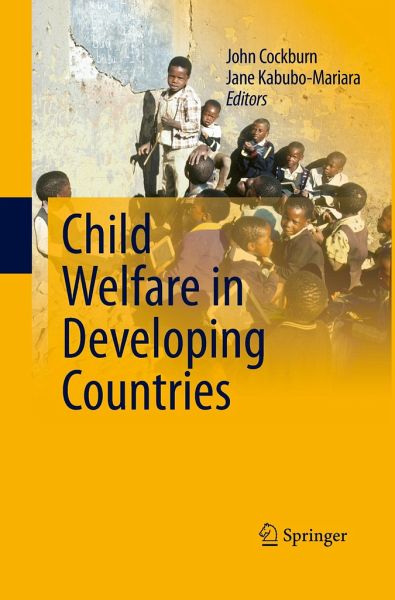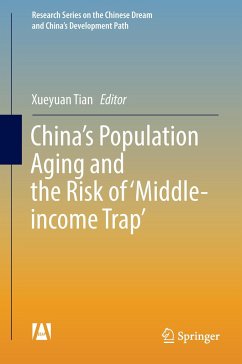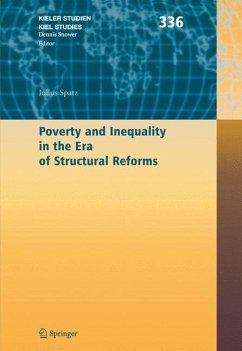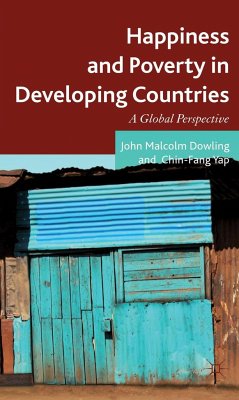
Child Welfare in Developing Countries
Versandkostenfrei!
Versandfertig in 6-10 Tagen
76,99 €
inkl. MwSt.

PAYBACK Punkte
38 °P sammeln!
to establish impact, attributing observed changes in welfare to the intervention, while identifying key factors of success. Impact evaluations are aimed at providing feedback to help improve the design of programs and policies. They also provide greater accountability and a tool for dynamic learning, allowing policymakers to improve ongoing programs and ultimately better allocate funds across programs. Such a causal analysis is essential for understanding the relative role of alternative interventions in reducing poverty. The papers in this section again adopt a variety of techniques. The rst ...
to establish impact, attributing observed changes in welfare to the intervention, while identifying key factors of success. Impact evaluations are aimed at providing feedback to help improve the design of programs and policies. They also provide greater accountability and a tool for dynamic learning, allowing policymakers to improve ongoing programs and ultimately better allocate funds across programs. Such a causal analysis is essential for understanding the relative role of alternative interventions in reducing poverty. The papers in this section again adopt a variety of techniques. The rst two impact evaluation studies employ propensity score matching to establish, ex-post, a valid control group to assess the impact on child schooling outcomes among b- e ciaries of various interventions in Kenya and Ethiopia. The third chapter c- ries out an ex-ante evaluation of alternative cash transfer programs on child school attendance in Uruguay. The nal paper further carries out in-depth macro-modeling and micro-regression analysis to simulate the impacts of the food crisis and various policy responses, including food subsidies and cash transfers, on various dimensions of child poverty in Mali. Though using different approaches, the studies are gen- ally in agreement concerning the positive impact of the cash transfer program on child schooling and labor market outcomes. The studies from Kenya and Uruguay both nd that the schooling interventions are progressive.














